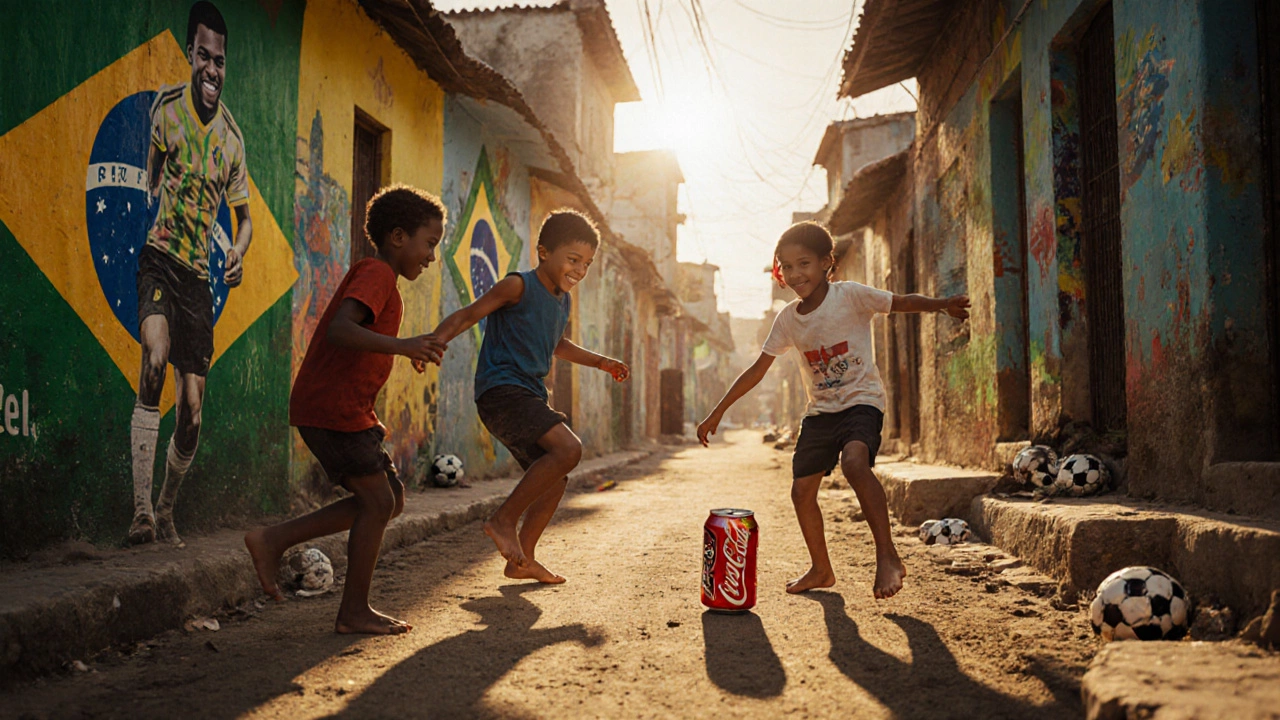Brazilians call soccer: Why the world calls it football and what it means
When Brazilians say futebol, the term used in Brazil and much of the world for the sport known as soccer in the United States. Also known as football, it is more than just a game—it’s a cultural rhythm, a national identity, and a language all its own. In Brazil, futebol isn’t played on weekends—it’s lived every day, from dusty street corners in Rio to packed Maracanã stands. The word itself carries weight: it’s not just a label for 22 players chasing a ball, but a symbol of pride, resilience, and joy. Meanwhile, in the U.S., that same sport is called soccer—a term that dates back to the 1800s when English universities shortened "association football" to "soccer" to distinguish it from rugby football. So why the split? It’s not about rules or tactics. It’s about history, culture, and who got to name it first.
The thing is, calling it soccer or football doesn’t change how the game is played. But it does change how people feel about it. In Brazil, futebol is tied to identity—kids grow up dreaming of becoming Neymar or Pelé, not because of sponsorships or salaries, but because the game is woven into their daily lives. In England, football is a Sunday ritual, a pub conversation, a family tradition. In the U.S., soccer grew slowly, often seen as a kids’ sport until MLS and World Cup excitement changed the game. The difference in names reflects deeper divides: colonial history, media influence, and even politics. And yet, fans everywhere—whether they say futebol, football, or soccer—know the same thrill: a perfectly timed pass, a last-minute goal, the roar of a crowd that feels like home.
What you’ll find in this collection aren’t just articles about rules or stats. These are stories about how gear keeps players safe, how training builds mental strength, how shoes affect performance, and how sports like boxing, rugby, and running share the same human drive as football. Whether it’s the football pitch or the boxing ring, the same truths hold: preparation matters, passion drives progress, and the right tools make all the difference. You’ll read about marathon runners finding joy in routine, about why 18 holes became golf’s standard, and how lifting in rugby isn’t just about strength—it’s about trust. All of it connects back to the same idea: sports aren’t just games. They’re language. They’re culture. And they’re lived, every day, by millions who don’t care what you call it—as long as you show up to play.

8
Nov
Brazilians call soccer "futebol," a word rooted in Portuguese adaptation of English. It's more than a name-it's a cultural symbol tied to national identity, history, and passion.
Read More
